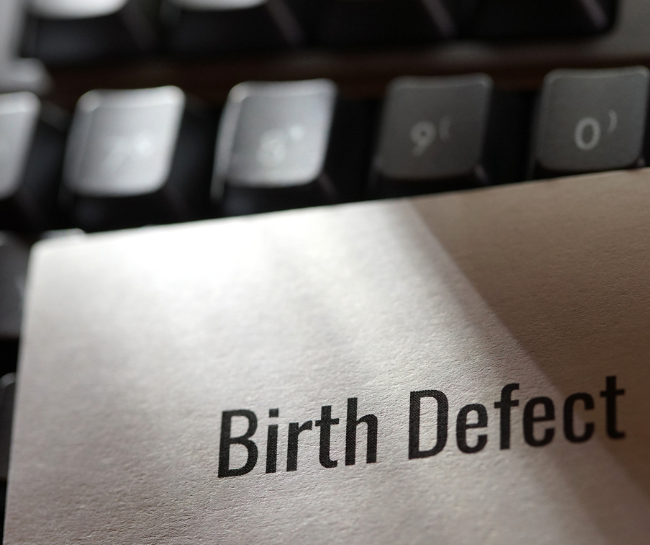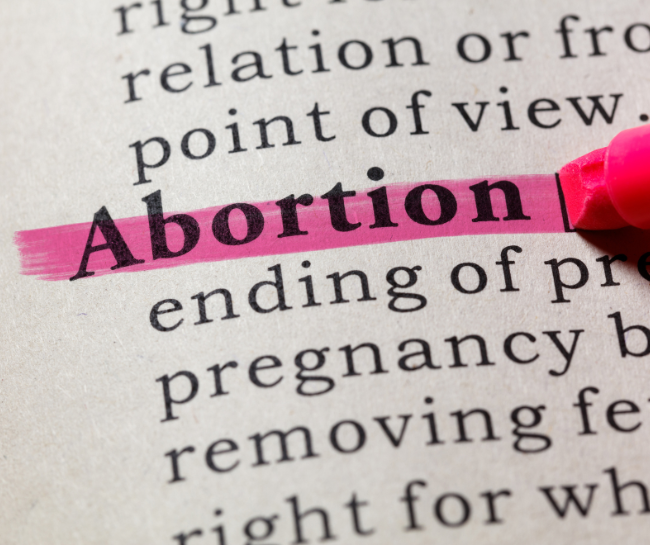Since the pill’s introduction to the market in 1960, there have been many questions, controversies, and myths about its effects and underlying mechanisms. Indeed, birth control pills are among the most thoroughly researched drugs. However, one would think that after all of those months of study, many of the myths about birth control pills would be dispelled-and that’s not the case.
Furthermore, despite the fact that the pill has been available for more than fifty years, there is still some uncertainty regarding its risks and who may use it. Hence, here are the most common myths about birth control pills. Continue reading!
What is the major problem with the birth control pill
Birth control pills alter a person’s hormone levels, resulting in various adverse effects. These symptoms usually go away within 2–3 months, but they can last longer. If the adverse effects linger for an extended time or are unpleasant, it is advised to consult with a healthcare practitioner about trying other forms of birth control.
What risks are associated with the birth control pill

Every woman’s choice of birth control is different. Other women may be unable to use birth control pills owing to medical issues, while others may be at a greater risk of adverse effects due to age or smoking habits. Moreover, there are associated risks to taking the birth control pill, which women must understand and discuss with their medical practitioner. Here are the following:
- Gallbladder disease
- Heart attacks
- Liver tumors
- Stroke
- Triglyceride
- Pancreatitis
- Reproductive organ cancer
- Blood clots
Can birth control cause future birth defects

Using birth control pills during the first trimester of pregnancy does not raise the risk of birth abnormalities. At the same time, some research has shown a relationship between the usage of birth control pills close to pregnancy and a higher likelihood of low birth weight, premature delivery, or congenital urinary system abnormalities.
Who shouldn’t take birth control

If you have any of the following conditions, you should not be using birth control pills:
- Abnormal vaginal bleeding
- Breastfeeding
- Asthma
- Epilepsy
- Mental condition
- High cholesterol
- Excessive triglycerides
- Adrenal insufficiency
- Impaired kidney function
- Coronary artery disease
- Migraines
- Diabetes
- Breast cancer
- Endometrial cancer
- High blood pressure
- Poor liver function
- Liver tumor
- Hypercoagulation
- Cholestatic jaundice throughout your pregnancy
- Transient Ischemic Attack (TIA)
- Stroke
- Had abortion
🤔What is the most well-known birth control method?
Condoms. Condoms are the only method of birth control that offers protection against sexually transmitted infections (STIs). They are also one of the most widely used and widely available methods.
What is the safest birth control

The best birth control technique for you and your partner is determined by various factors and may vary over time. Remember that even the most effective methods of birth control may fail. However, if you utilize a more effective approach, your chances of becoming pregnant are reduced.
Women may pick from a variety of birth control options. They are as follows:
- Barrier methods– In this method, you may use such as condoms, diaphragms, sponges, and cervical caps every time you have sex.
- Short-acting hormonal procedures– Your doctor may prescribe birth control that you must make sure to take every day or month. The treatment requires you to see your doctor every three months for an injection.
- Natural rhythm techniques– Instead of using a birth control pill, avoid sex on the days when you are most likely to get pregnant or fertile. A fertility monitor or an ovulation home test kit may assist you in determining your most fertile days.
- Male and female sterilization– These procedures, including male vasectomy and female tubal ligation or occlusion, prevent fertility for life by surgery or a medical technique.
6 Myths about birth control pills
The following are the common myths about birth control pills:
- “It is OK to skip one or two pills throughout the cycle.”

A forgotten tablet throughout the cycle might result in an unplanned pregnancy. Furthermore, it might result in spotting or mid-cycle bleeding. If one or more pills are forgotten, always contact a gynecologist to know about all measures that must be followed and how to avoid unexpected pregnancies.
- “Birth pills cause acne and irregular hair growth.”

Newer birth control pill formulations with various progesterone components lower testosterone concentrations and the occurrence of acne in PCOS patients.
🔔 Some progestins are more androgenic (likely to activate the androgen receptors) and may cause oily skin and hair or excessive hair growth.
- “Weight gain is caused by all contraceptive pills.”

Birth control pills do not induce weight gain but rather help people with Polycystic Ovary Syndrome lose some weight (PCOS).
- “Birth control pill is unnecessary for the elderly.”

Some individuals believe they cannot conceive because they are older or have irregular periods. Pregnancy is still possible until a woman has reached menopause and has gone 12 months without a menstruation.
- “The morning-after pill is comparable to abortion.”

Emergency birth control pills, often called the morning-after pill, are high-dose birth control tablets used to avoid getting pregnant after having intercourse without using birth control. Hence, consuming a morning-after pill does not imply having an abortion. Abortion is a technique that terminates an already formed pregnancy. The use of emergency contraception minimizes the need for a subsequent abortion due to an unintended pregnancy.
🔔 The’morning after pill’ and the ‘abortion pill’ are not the same thing. The main distinction is that the morning after pill prevents pregnancy and thus does not result in abortion.
- “Birth control pills are all similar.”

There are several forms of birth control pills. They differ according to generic name, brand, formula, and substance. Some tablets contain progesterone hormones and synthetic estrogen, while others only have progesterone hormones. Nonetheless, the dosage of these synthetic hormones varies by pill brand. It is usual for a woman to try many different birth control pills before finding one that suits her specific requirements and lifestyle.
Takeaway
Most individuals can discover a safe birth control method that works for them. Sometimes it is necessary to attempt many approaches or a mix of ways to find something that is convenient and has the fewest adverse effects. While some drugs are harmful, many myths about birth control pills are incorrect. Anyone thinking about a new method of birth control should consult with a doctor or other trusted health practitioner about appropriate use.
Are you protected during inactive pills? Know the answer by reading this Am I Protected During Inactive Pills?!

